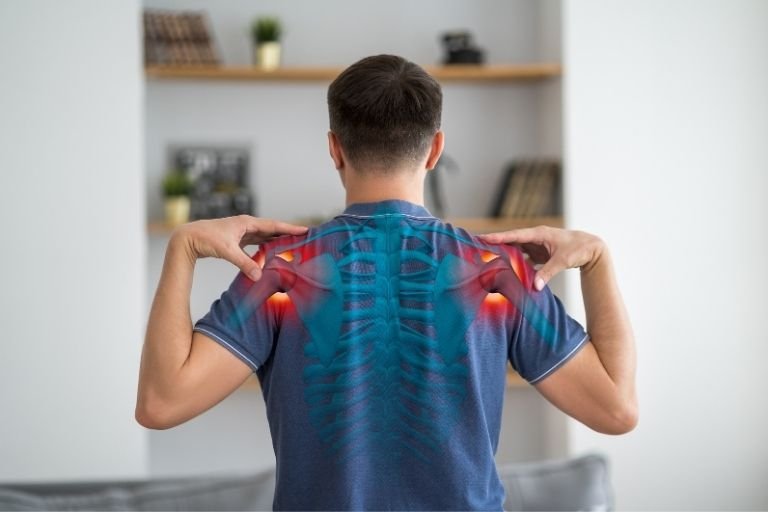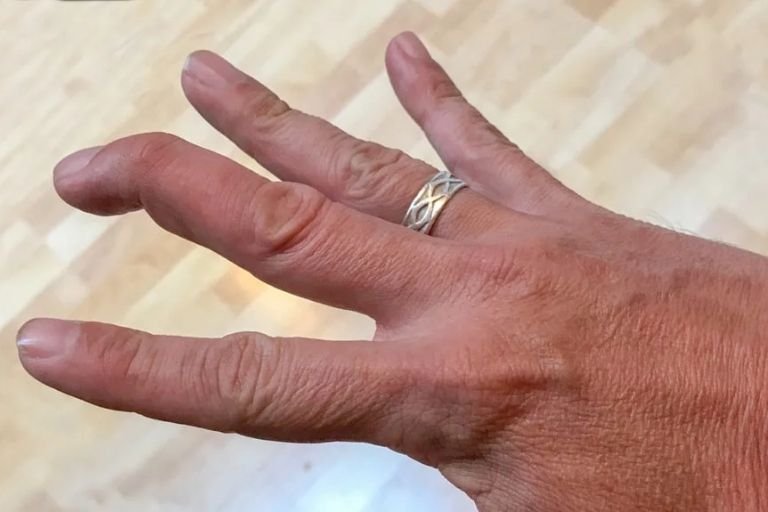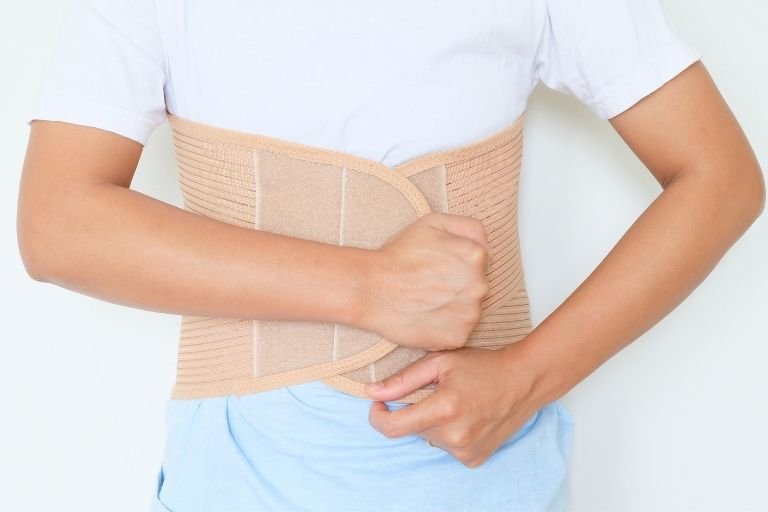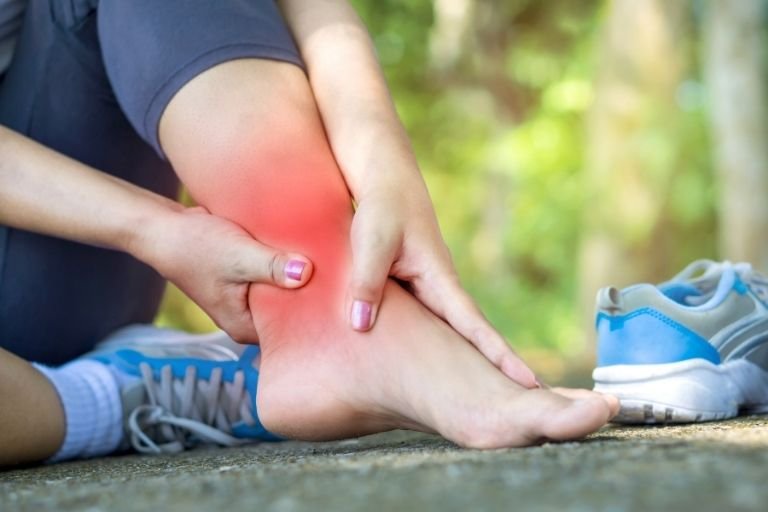- Fitwell Physiotherapy
Alzheimer's Disease

Alzheimer’s disease is a progressive neurodegenerative disorder that primarily affects memory, thinking, and behavior. It is the most common cause of dementia among older adults and leads to a decline in cognitive function severe enough to interfere with daily life.
Please submit your details below.
Symptoms
The symptoms of Alzheimer’s disease develop gradually and worsen over time. They are generally categorized into early, middle, and late stages:
Early Stage:
- Memory loss, especially recent memories
- Difficulty finding words or names
- Trouble completing familiar tasks
- Misplacing objects
- Mood and personality changes
Middle Stage:
- Increased memory loss and confusion
- Difficulty recognizing family and friends
- Impaired judgment and problem-solving skills
- Restlessness, agitation, and wandering
- Changes in sleep patterns
Late Stage:
- Severe memory loss
- Loss of ability to communicate
- Inability to perform basic tasks (e.g., eating, bathing)
- Increased susceptibility to infections
- Loss of motor skills and physical functions
Causes
The exact cause of Alzheimer’s disease is not fully understood, but it involves a combination of genetic, environmental, and lifestyle factors. Key factors include:
- Genetic Factors: Mutations in certain genes (e.g., APOE ε4 allele) increase the risk of Alzheimer’s.
- Amyloid Plaques: Abnormal clumps of protein (beta-amyloid) accumulate in the brain, disrupting cell function.
- Neurofibrillary Tangles: Twisted fibers of the protein tau build up inside neurons, leading to cell death.
- Age: The risk increases significantly with age, especially after 65.
- Family History: Having a family member with Alzheimer’s increases the risk.
When to See a Physiotherapist
A physiotherapist can be an essential part of the care team for someone with Alzheimer’s, especially as the disease progresses and physical function declines. Indications to see a physiotherapist include:
- Mobility Issues: Difficulty walking or frequent falls.
- Balance Problems: Increased risk of falls due to balance impairments.
- Muscle Weakness: Decreased strength affecting daily activities.
- Joint Stiffness: Limited range of motion in joints.
- Pain Management: Addressing pain related to posture or inactivity.
- Exercise Guidance: Creating safe and effective exercise programs to maintain physical health.
Risks
Several factors increase the risk of developing Alzheimer’s disease:
- Age: The greatest known risk factor.
- Family History and Genetics: Having a parent or sibling with the disease.
- Gender: Women are at a higher risk than men.
- Head Injury: A history of severe head trauma.
- Lifestyle and Heart Health: Factors such as smoking, obesity, high blood pressure, and diabetes.
How to Prevent
While there is no definitive way to prevent Alzheimer’s, certain lifestyle changes can reduce the risk:
- Healthy Diet: Eating a balanced diet rich in fruits, vegetables, whole grains, lean proteins, and healthy fats.
- Regular Exercise: Engaging in physical activity to maintain cardiovascular and brain health.
- Mental Stimulation: Keeping the brain active with puzzles, reading, and learning new skills.
- Social Engagement: Maintaining social connections and participating in group activities.
- Healthy Sleep: Ensuring adequate and quality sleep.
- Managing Chronic Conditions: Controlling diabetes, hypertension, and cholesterol levels.
Treatments
Currently, there is no cure for Alzheimer’s disease, but treatments can help manage symptoms and improve quality of life:
-
Medications:
- Cholinesterase Inhibitors: Donepezil, rivastigmine, and galantamine can help manage symptoms in early to moderate stages.
- NMDA Receptor Antagonists: Memantine is used for moderate to severe Alzheimer’s.
- Other Medications: Antidepressants, antipsychotics, and anti-anxiety drugs may be prescribed to address behavioral symptoms.
-
Non-Pharmacological Treatments:
- Cognitive Behavioral Therapy (CBT): To manage mood disorders.
- Occupational Therapy: To maintain independence in daily activities.
- Speech Therapy: To assist with communication difficulties.
- Supportive Care: Providing a safe environment, establishing routines, and ensuring caregivers have the resources they need.
Conclusion
Alzheimer’s disease is a complex condition that profoundly affects individuals and their families. Understanding the symptoms, causes, and available treatments is essential for managing the disease. While there is no cure, lifestyle modifications and early intervention can help reduce the risk and manage the progression of Alzheimer’s, improving the quality of life for those affected.
Frequently Asked Questions
Related Conditions
How Fitwell Physiotherapy Can Help?
Dr. Richa’s Fitwell physiotherapy has an extensive team of physiotherapists all within their own specialist areas of physiotherapy. Whatever your condition, we guarantee that we will have the best physiotherapist for you. We assess, diagnose, plan, cure and care for you.
Fitwell Physiotherapy Clinic, Pune provides you best physiotherapy treatment in Kharadi, pune. We also serve Chandan Nagar, Vadgaon Sheri, Keshav Nagar, Wagholi & nearby Areas in Pune. We are experts in treating Neck Pain, Hand Pain, Back Pain, Lower Back Pain, Knee Pain, Stiff Neck, Sciatica, Arthritis, Stroke Paralysis & Post Surgical Rehab.
We provide Specialized physiotherapy treatments in Sports Injuries, Pre and post Surgery, Neurologic, Pediatric, Chronic Pain/Fatigue, Rheumatology, Women’s Health, Men’s Health, Ergonomics, Vestibular, Amputees & all sort of Pain treatment and lifestyle conditions.

































































































